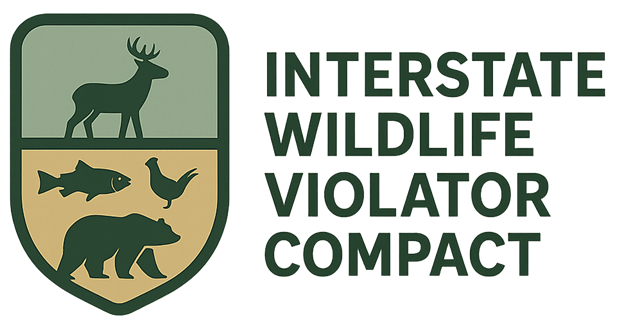Court Information, Statutes , Regulations & Public Notices
Court Information
Texas Game Wardens and Park Police Officers are commissioned peace officers and file court cases with a variety of courts, depending upon the individual location and situation. Court clerks and officers alike use a variety of tools to classify and dispose of those cases. Some of those tools are contained here.
- TPWD Violation Codes/Cites
- Listing of Water Safety, Fishing, Wildlife and Other violation codes
- Arrest Citation Disposition Report - Court (PWD 460A) | PDF
- Form for court clerks and officers to submit fines to the agency
- Officer Disposition Report - (PWD 460B) | PDF
- Form for officers to submit citation dispositions
Statutes & Regulations
The law enforcement officers employed by the Texas Parks and Wildlife Department have the same powers and privileges as any other state peace officers. They have the same authority as a sheriff, for instance, to arrest, serve criminal or civil process, and require aid in serving criminal or civil process, and may arrest without a warrant any person in this state for violating the law. The primary duty of the agency’s law enforcement personnel is to enforce statutes (for example, the Texas Parks and Wildlife Code and the Texas Penal Code) enacted by the Texas Legislature, as well as regulations (sometimes referred to as “proclamations”) enacted by the Parks and Wildlife Commission under authority delegated by the legislature. In addition, Texas game wardens hold federal commissions issued by the U.S. Department of the Interior and the U.S. Department of Commerce for purposes of enforcing federal fisheries and wildlife laws in Texas.
- Texas Parks and Wildlife Code (Statutes)
- Statutes passed by the Texas legislature
- Texas Parks and Wildlife Administrative Code (Regulations)
- Regulations passed by the agency commission
- Federal Dove Baiting Law
- U.S. Fish and Wildlife Service, Office of Law Enforcement, Dove Hunting and Baiting overview
- Federal Waterfowl Baiting Law
- U.S. Fish and Wildlife Service, Office of Law Enforcement, Waterfowl Hunting and Baiting overview
- Federal Fishing Regulations
- Gulf of Mexico Fishery Management Council overview of federal fishing regulations
- Reading Statutes and Bills
- Reference from the Texas Legislative Council
Interstate Wildlife Violator Compact (IWVC)

49 states are now members; Hawaii remains a non-member.
What is the IWVC?
The Interstate Wildlife Violator Compact is a national agreement among 49 U.S. states, to share information about hunting, fishing, and trapping violations. If someone violates wildlife laws in one member state or has their permits revoked or suspended, such actions may affect their privileges in other member states.
How does it work?
Violations that lead to license revocation, suspension, or failure to appear in court in one state can result in license revocation or suspension in other states. Furthermore, non-residents who commit wildlife violations can often be cited (instead of arrested/booked), if that’s allowed under the law in the charging state.
If a non-resident fails to comply (e.g., doesn't pay a fine or show up in court), the charging state, their home state, and all other member states can suspend their hunting, fishing, and trapping licenses. When the violation is resolved or the suspension period ends, all states can reinstate the violators’ license privileges.
Why this matters
The Interstate Wildlife Violator Compact allows member states to treat non-resident wildlife violators as if they were residents, enabling enforcement through citation and personal recognizance rather than arrest, booking, or bonding. Furthermore, poachers or violators can’t simply cross state lines to avoid consequences, the suspensions and convictions will now follow them wherever they go. Ultimately, this levels the playing field; wildlife laws matter in every state, and those who break them can’t escape consequences by treating state lines as loopholes.
Texas Rules & Details
- Texas is a member of the IWVC
- Under Texas law (31 TAC § 55.675), TPWD has established policy to share information with other states, appoint an administrator for the compact, refuse issuing licenses/tags to those under suspension in other states, and process nonresident violators from compact states in the same way as Texas residents.
- There is a process for license reinstatement after suspension or revocation. Any outstanding compliance issues like fines, civil restitution, or the license suspension period must be resolved. There is also a license reinstatement fee of $100.00.